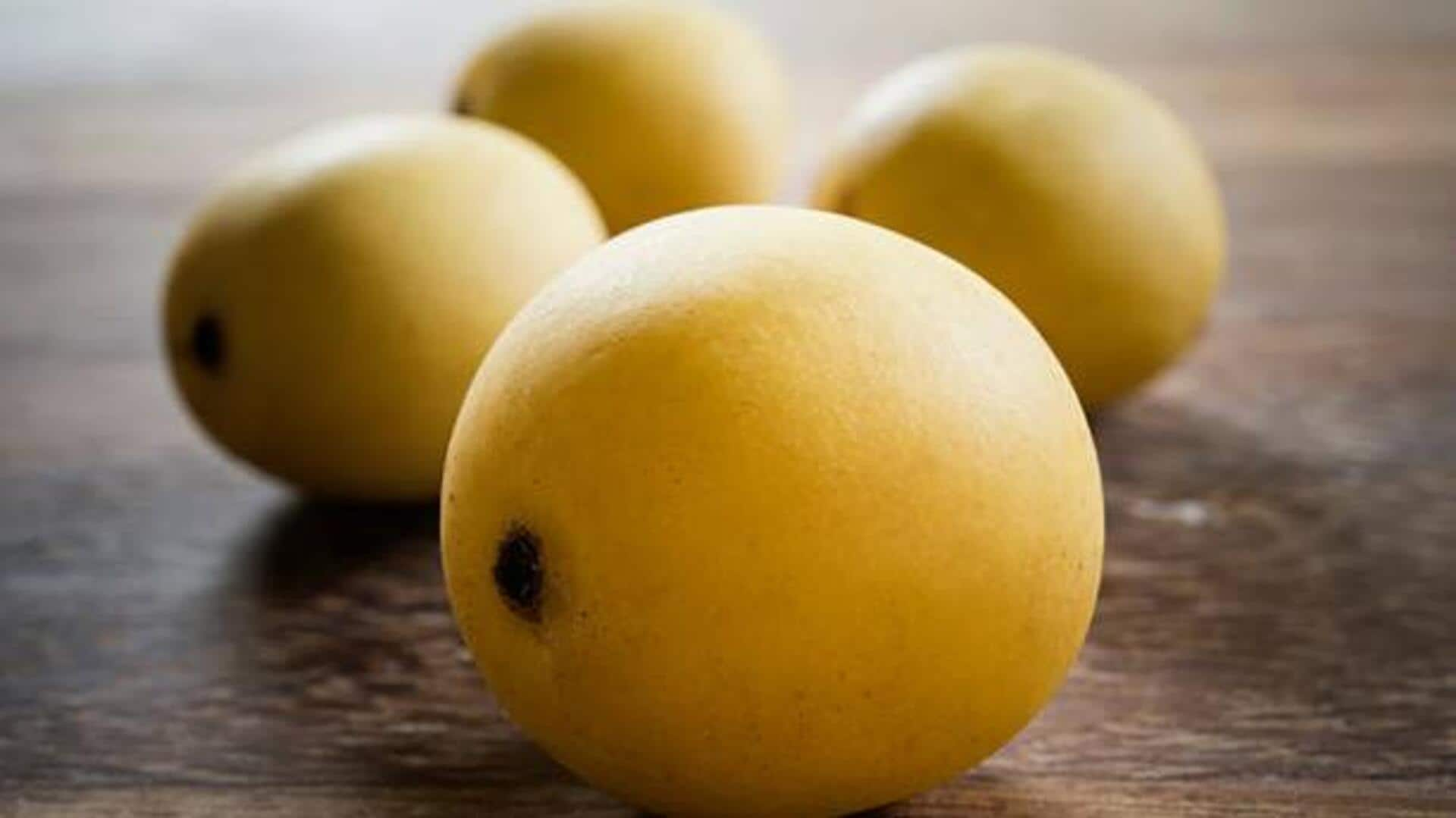
More than a fruit: Traditional uses of marula
What's the story
From skincare to drinks, marula, the African fruit, is an integral part of African cultural and traditional practices. The fruit is known for its versatility but its uses are much deeper than just that. Marula is an inseparable part of our daily lives and rituals. Here are unique uses of marula in African traditions, which highlight its importance and versatility.
Skincare
Skincare benefits of marula oil
Marula oil is famous for its moisturizing properties and is commonly used in traditional skincare routines. Derived from the kernels of the marula fruit, this oil is packed with antioxidants and essential fatty acids. It hydrates skin, reduces redness and improves elasticity. Many African communities have long used marula oil as a natural remedy for keeping skin healthy thanks to its lightweight texture and quick absorption without greasiness.
Nutrition
Marula as a source of nutrition
The marula fruit itself is loaded with nutrients like vitamin C, potassium, calcium, and magnesium. Eaten fresh or dried, it forms an important dietary component for several African communities. From keeping your immune system healthy (thanks to its high vitamin C content) to making you feel good (other minerals), the fruit does it all. Marula seeds are also occasionally roasted and consumed as snacks or ground for baking.
Craftsmanship
Traditional craftsmanship using marula wood
Marula wood is prized for being durable and workable in traditional African crafts. It is used by artisans to craft items like bowls, utensils, carvings, and drums or xylophones. Its fine grain is perfect for intricate carving work, while being tough enough to endure regular use over the years.
Rituals
Cultural significance in rituals & ceremonies
In several African cultures, the plentiful season of marula marks key communal events. These are celebrated with music and storytelling by firesides under starlit skies. Locally termed time when fruits fall, this time of the year marks a cycle of communing that goes on through generations. They signify continuity and community bonding in expansive terrains.